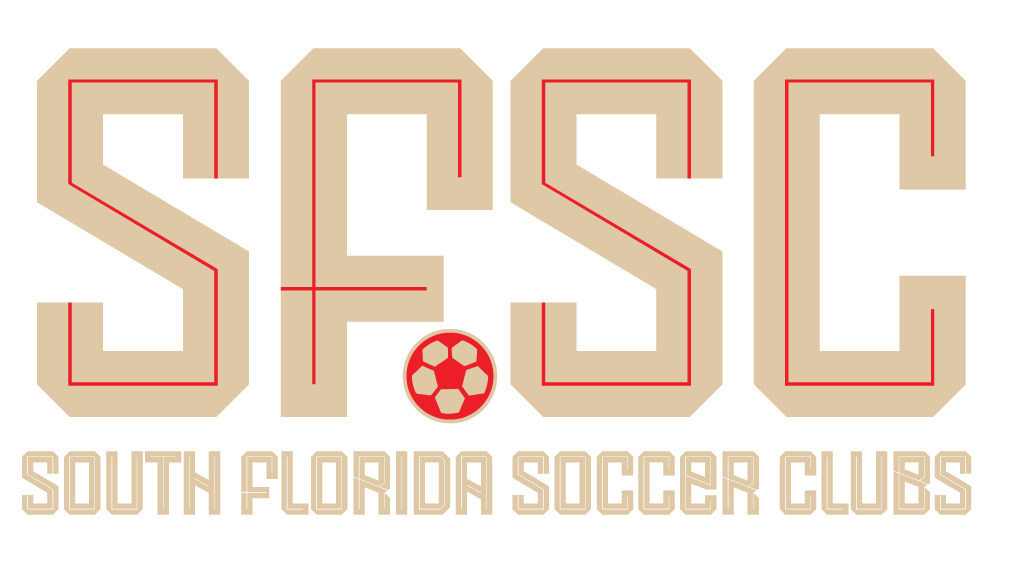Discover, Evaluate, and Select.
How to Choose the Right Coach for Your Child in Soccer.
Selecting the right coach for your child, whether for a private setting or as part of a team, is crucial to their development, enjoyment, and success in the sport. The process involves evaluating the coach’s qualifications, communication style, and alignment with your child’s goals and personality.
1. Choosing a Private Coach
If you’re seeking a private coach for individualized training, consider these factors:
A. Qualifications
• Experience and Certifications: Look for coaches with relevant certifications, such as US Soccer Federation (USSF) licenses or United Soccer Coaches certifications.
• Track Record: Choose a coach with experience working with children of similar ages or skill levels as your child.
B. Coaching Style
• Development-Focused: A good private coach emphasizes skill development, confidence building, and love for the game rather than just winning.
• Communication Skills: The coach should be able to explain techniques and concepts clearly and adapt their approach to suit your child’s learning style.
C. Personality Fit
• Patience and Positivity: Especially for younger players, a coach who is patient and encouraging will foster a positive experience.
• Motivational Style: Consider whether your child responds better to a nurturing or challenging approach and choose a coach accordingly.
D. Recommendations and Reviews
• Word of Mouth: Ask other parents, players, or clubs for recommendations.
• Trial Sessions: Schedule a trial session to observe how the coach interacts with your child and evaluates their needs.
2. Dealing with a Team Coach
If your child is assigned a coach through a team or club, you’ll need to build a constructive relationship and set realistic expectations:
A. Understand the Selection Process
• Club Assignment: In many clubs, coaches are assigned based on age groups, team levels, and availability.
• Limited Input: While you may not have a choice, most clubs strive to assign qualified coaches to ensure a good fit.
B. Evaluate the Coach
• Philosophy: Ask about the coach’s goals for the team and their approach to player development.
• Communication: Ensure the coach is approachable and provides regular feedback on your child’s progress.
• Balance: A good team coach prioritizes both individual growth and team success.
C. Building a Positive Relationship
• Respect Their Role: Trust the coach’s expertise and decisions, even if you don’t always agree.
• Open Communication: If you have questions or concerns, approach the coach calmly and respectfully.
• Example: “How can my child improve to earn more playing time?”
• Give Space: Avoid interfering with practices or games. Let the coach focus on the team.
3. Tips for Navigating Challenges
• Be Patient: Coaches may have different styles, and it takes time to adapt. Observe how your child responds before making judgments.
• Teach Resilience: If your child faces challenges, such as less playing time or tough feedback, encourage them to work hard and persevere.
• Know When to Step In: If you notice ongoing issues (e.g., favoritism, lack of communication, or unsafe practices), request a private meeting with the coach to address concerns constructively.
4. Final Thoughts
The right coach can have a lasting impact on your child’s soccer journey. Whether it’s a private coach or a team assignment, focus on finding someone who values your child’s development, communicates effectively, and fosters a positive, encouraging environment. Remember, soccer is not just about improving skills—it’s about teaching life lessons like teamwork, discipline, and resilience. By working collaboratively with your child’s coach, you can help them thrive both on and off the field.
Set off on your next remarkable soccer adventure.




